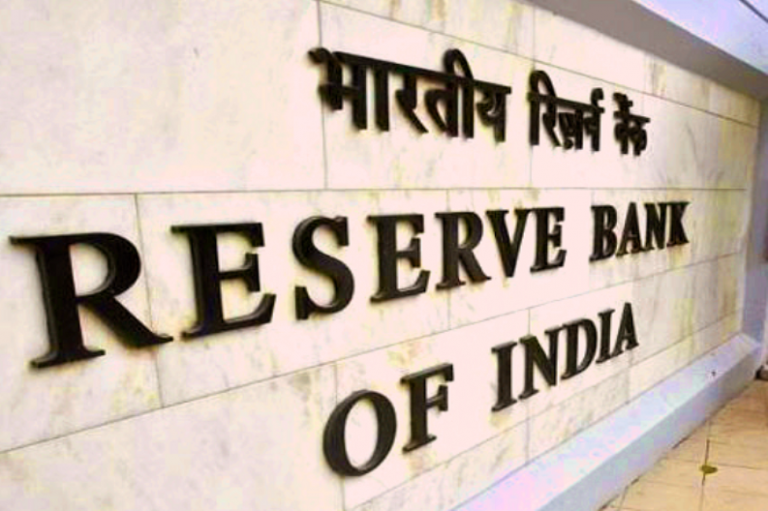

The Reserve Bank of India (RBI) tightened the selection and operating procedure for internal ombudsman in banks. RBI asked all the scheduled commercial banks with more than 10 branches to appoint an internal ombudsman who will review complaints and strengthen the internal grievance of banks.
In a notification issued on their website, the Reserve Bank of India (RBI) said that every bank with more than 10 branches is required to appoint an internal ombudsman for a fixed tenure, who will be directly reporting to the bank’s customer service committee. Ombudsmen appointed should be people from outside the bank which will allow them an independent standing in a bank hierarchy.
To provide complete independence to the internal ombudsman, RBI informed that they have reviewed the arrangement by introducing it in the form of the ‘Internal Ombudsmen Scheme, 2018’, which will revolve around internal ombudsman’s appointment tenure, roles and responsibilities, procedural guidelines and oversight mechanism.
The Reserve Bank of India also instructed all the banks to internally escalate all complaints to the internal ombudsman. Customers will not be required to approach the ombudsman directly. Bank’s internal audit mechanism will look over the implementation of Internal Ombudsmen Scheme apart from the regulatory oversight by the Reserve Bank of India itself.
What is an Ombudsman?
An ombudsman is an individual officially responsible for investigating and addressing public complaints or violation of rights. Previously, banks in India had an internal ombudsman which was appointed within the bank’s staff only. As per the latest RBI amendment, internal ombudsman gets statutory powers under Section 35A of the Banking Regulation Act, 1949.